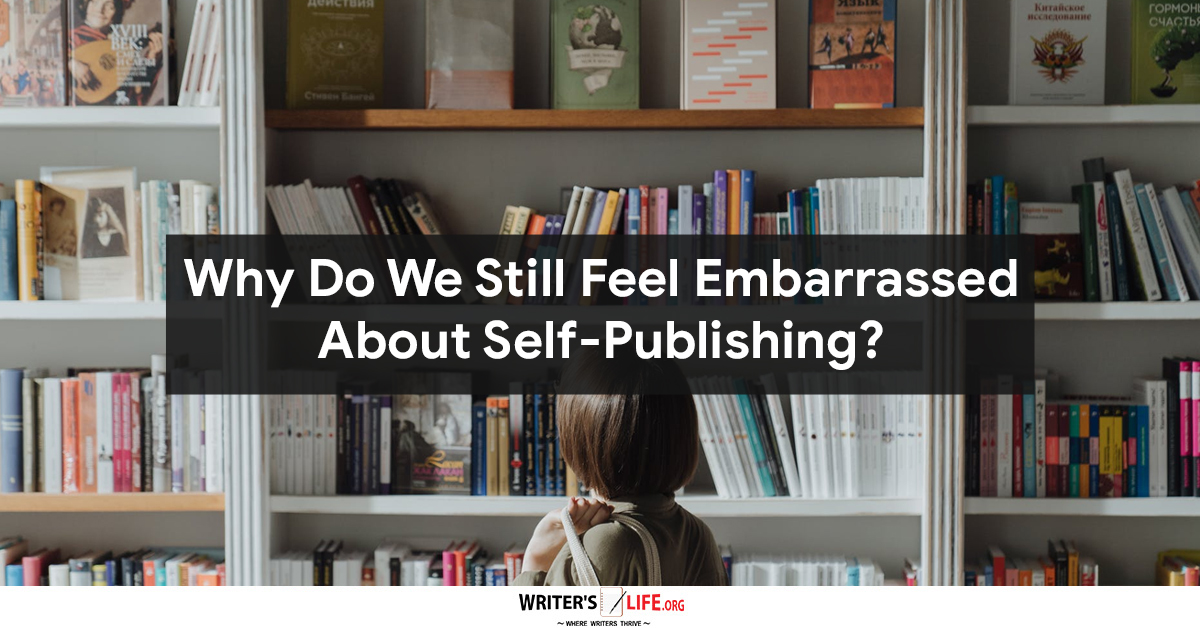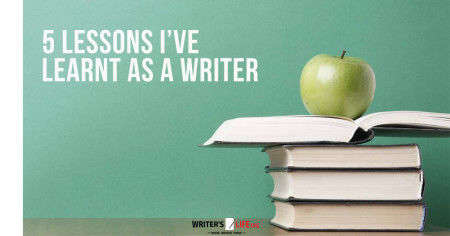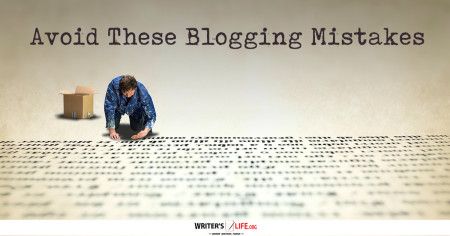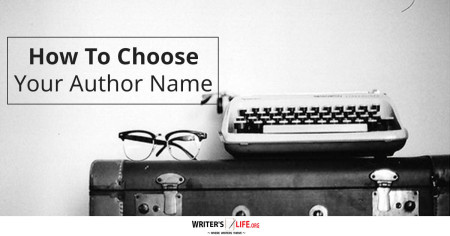- How To Tackle Jealousy In Creative Writing
- Common Submission Mistakes
- How To Stop Your Blog Becoming Boring
- The One Thing Every Successful Writer Has In Common
- How To Make Yourself Aware Of Publishing Scams
- Why Almost ALL Writers Make These Grammar Mistakes At Some Point
- 5 Tips For Authors On How To Deal With Rejection
- Top Mistakes to Avoid When Writing a Novel
- How to Avoid Common New Writer Mistakes
- 10 Mistakes New Fiction Writers Make
How To Handle Editorial Feedback

Sending your manuscript off to an editor can be nerve-wracking. Even though you may be paying them for their services, getting feedback can be difficult when you have spent so long trying to make your book as good as it can be.
An editor’s job is to find mistakes, not just regarding spelling, grammar and punctuation, but also with regards to how your story works overall.
Of course, if you are paying an editor to review your book, it is up to you to direct them about what kind of feedback you want. Just remember however that having a professional editor review your work before you send it to agents and publishers makes a massive difference in terms of your chances of success. If you choose to self-publish, a professional editor can ensure your book goes on sale being as the best version it can be.
So how can you prepare yourself for editorial feedback and learn how to handle it professionally?
Don’t panic!
When you first look at the changes an editor has made, there may be a lot of them. This may make you feel utterly disheartened or completely outraged, but either way, the key is not to freak out.
There may be hundreds, even thousands of edits to your manuscript. A lot of these, however, will be minor amendments - a comma here, a formatting change there and are therefore nothing to worry about.
Additional edits may require more time to look over and absorb, but remember edits don’t mean your manuscript was awful to start with. Many excellent books need a considerable amount of editing before they hit the shelves and it’s something all writers must go through to make their book amazing.
Be thorough
Take your time to go through every edit and consider whether you want to accept it or reject it. Don’t rush this. At first, you may feel wounded by some of the suggested changes and your natural reaction may be to refuse them. However, this might not be what is best for your book so try to stay calm and be as objective as you possibly can be.
Saying that you also don’t have to accept every suggestion an editor has made. It is your story after all. Just be sure you are clear in your reasons for doing so and make sure it’s not just your ego getting in the way.
Ask questions
If you aren’t sure why a particular edit has been made, get in touch with your editor for clarification. Doing so can help you get a better understanding and insight into their thinking which will reassure you that they know what they are talking about and have done an excellent job.
Proofread once more
Once you have accepted or rejected the changes made by your editor, it is a good idea to have a final read-through of your manuscript to make sure everything is as it should be. It can be easy to accidentally make a change that then doesn’t make sense or creates an error elsewhere so reading through one more time will make doubly sure your manuscript is perfect and ready to be shared with the world!
Celebrate!
Working through your edited manuscript is one of the very last stages of finalizing your book. Doing so takes time, effort and a cool head. It’s not easy to let someone else get their hands on your work so pat yourself on the back and take some time to celebrate your achievement!

Bethany Cadman -author of 'Doctor Vanilla's Sunflowers'




















